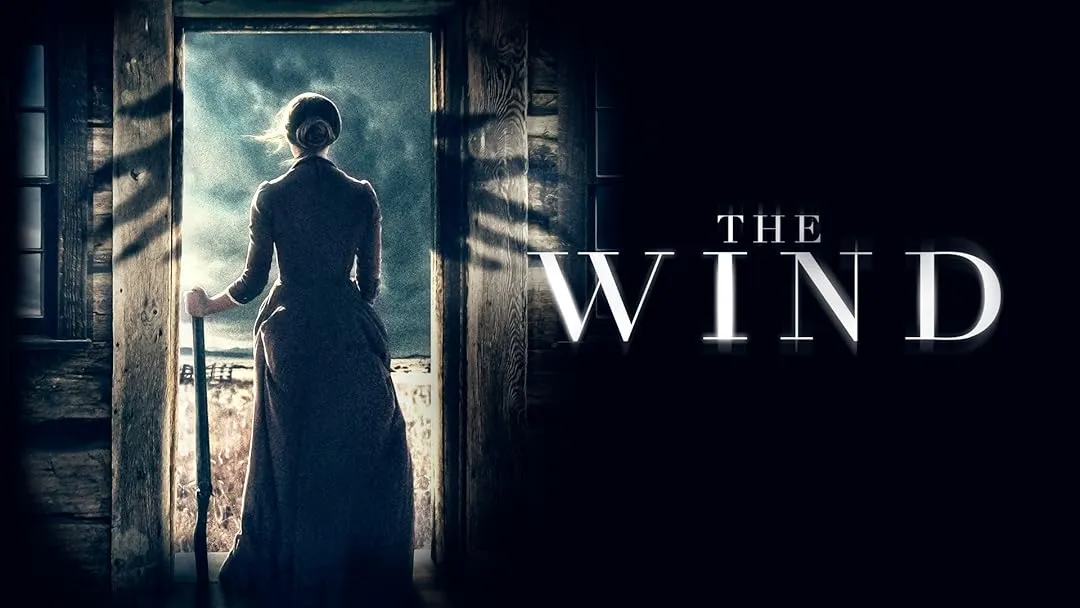Ben-Hur (1959): A Monumental Tale of Vengeance, Faith, and Redemption
Ben-Hur (1959), directed by William Wyler and starring Charlton Heston, stands as one of the most iconic and enduring epics in the history of cinema. Based on Lew Wallace’s 1880 novel Ben-Hur: A Tale of the Christ, the film is a sweeping story of betrayal, revenge, and spiritual awakening set against the backdrop of ancient Rome and the life of Jesus Christ.
![Phim] Benhur - SubViet | Benhur 1959 | Phim Công giáo HD](https://www.phimconggiao.com/uploads/2013/02/benhur-sub-91.webp)
At the center of the story is Judah Ben-Hur, a wealthy Jewish prince living in Jerusalem. His life is turned upside down when he is falsely accused of treason by his childhood friend Messala, who has risen through the ranks of the Roman army. Stripped of his home, separated from his family, and condemned to slavery, Judah’s journey becomes one of survival and vengeance. But as his path crosses with that of Jesus, Judah is ultimately faced with a choice between revenge and forgiveness.
Charlton Heston delivers a commanding performance as Judah, portraying his transformation from a proud nobleman to a broken slave, and finally to a man redeemed by compassion and faith. His portrayal is both physically intense and emotionally layered, anchoring the film’s moral and spiritual themes.

Visually, Ben-Hur is a triumph of cinematic craftsmanship. Shot in stunning widescreen with lavish sets and thousands of extras, it captures the grandeur of the Roman Empire like few films before or since. The film’s most famous sequence—the chariot race—is a masterclass in tension and practical effects. Even decades later, it remains one of the most thrilling and iconic action scenes ever filmed.
The film is also notable for its subtle but powerful depiction of Christ, who appears only in silhouette or from behind. These moments, though quiet, carry immense emotional and symbolic weight, highlighting the contrast between the cruelty of man and the compassion of Christ.

With eleven Academy Awards, including Best Picture, Best Director, and Best Actor, Ben-Hur set a record that stood for decades. Its combination of action, spectacle, and spiritual depth makes it more than just a historical drama—it is a story about the human condition, about suffering and hope, about justice and mercy.
In conclusion, Ben-Hur (1959) is not just a film—it is a cinematic experience of epic proportions. Its themes of betrayal, endurance, and redemption continue to resonate, reminding us that the greatest victories are not always won in the arena, but within the human heart.



